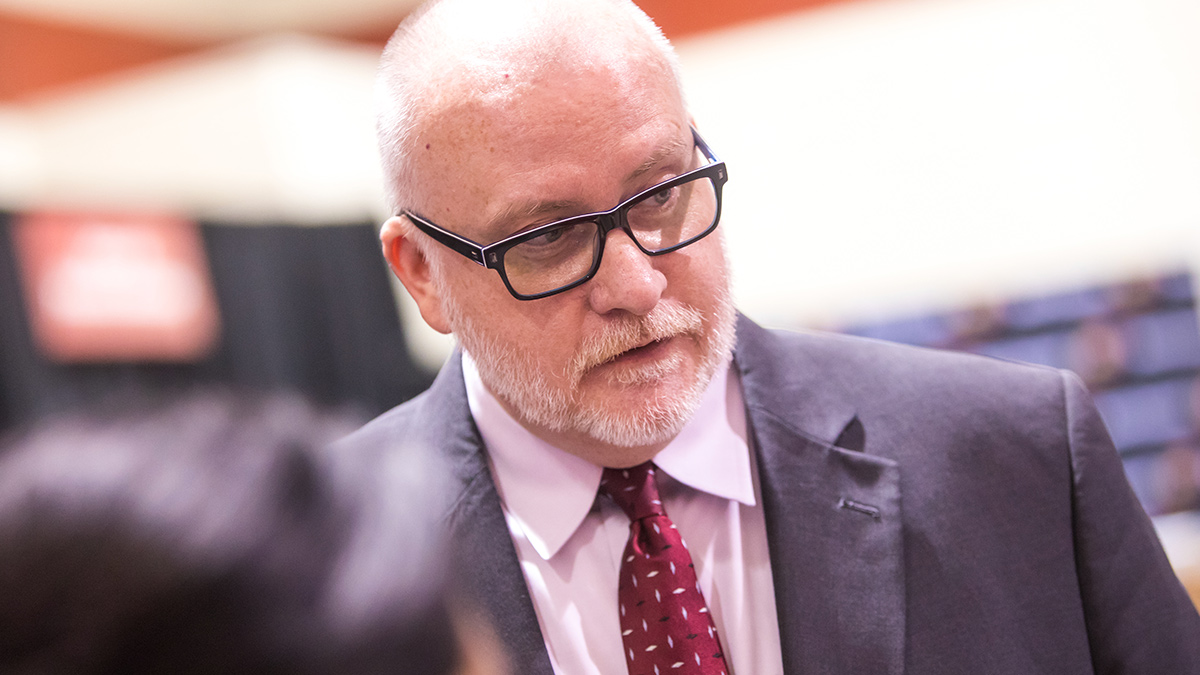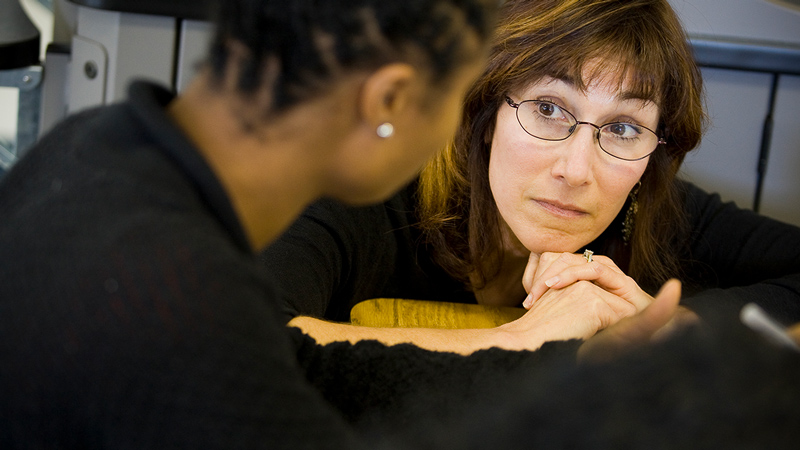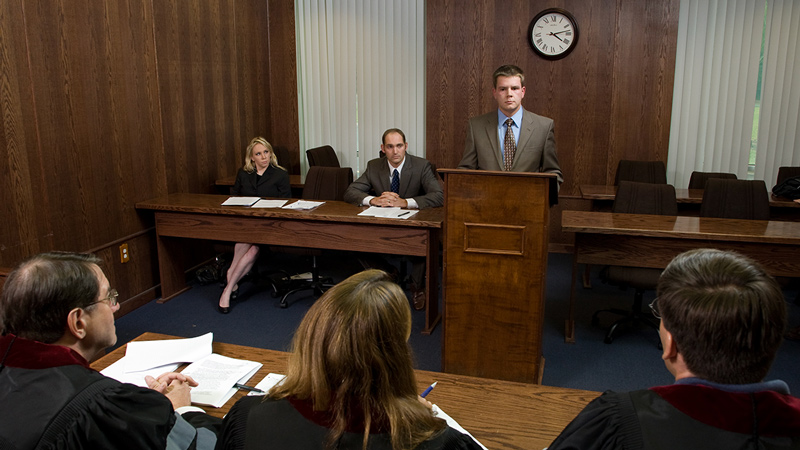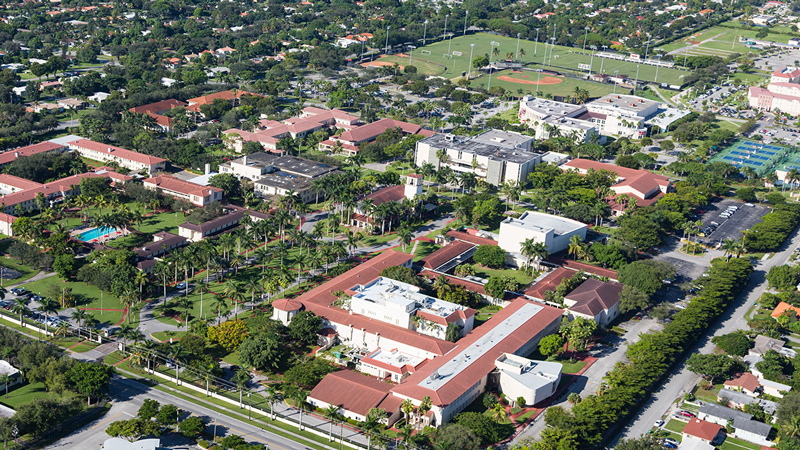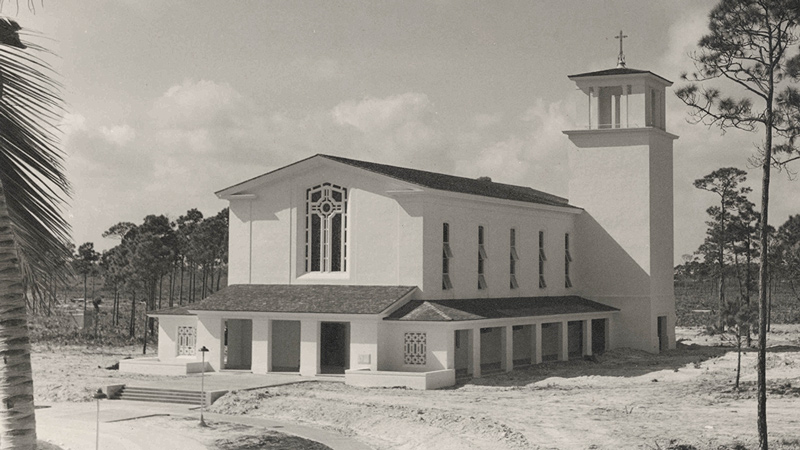About the Program Certificate in Healthcare Ethics
Health care in the United States has its roots in the hospital care that congregations of Catholic women religious have provided. Many of these congregations, such as the Sisters of Bon Secours, Religious Sisters of Mercy, Sisters of Charity, and Franciscan Sisters, among others, founded hospitals to serve those who were sick and poor when no other care options existed. Many of these congregations continue to sponsor these hospitals. Increasingly, as women religious retire, lay persons have taken up the responsibilities of directing operations. Both the congregations and lay persons sharing their ministry are concerned with continuing the original mission and charism of the founding orders. The Department program in Healthcare Ethics addresses some of these concerns as it provides an examination of the ethics that informs healthcare ministries.
The purpose of the certificate is to provide a fundamental background in health care ethics. The program examines the following:
- The rise of bioethics as an academic discipline and its place in health care ministries.
- Local and national health policy and health law.
- Emergent issues surrounding reproductive and genetic technologies, neo‐natal health and the welfare of children, death and dying.
- Organizational ethics.
- Healthcare mission and advocacy outreach.
At Barry, we examine healthcare ethics through both a Catholic and scientific lens. Students can also gain an exceptional and integrated academic experience at our Institute for Hispanic/Latino Theology and Ministry that expands their knowledge on topics related to this community and forms their ministerial approaches.
Why Study Healthcare Ethics at Barry?
-

Top-notch educators
Our experienced faculty have a deep understanding of the imperative role that ethics plays in how researchers, clinicians, and administrative personnel approach medicine and healthcare. -

Bioethics and more
The certificate program and degree concentration also fills the need for advanced studies in bioethics for professionals working in healthcare — including nurses, physicians, social workers, chaplains, and mission directors. -

Adjusting to modernity
Our Health Care Ethics program is in the Department of Theology and Philosophy, so we address some of the concerns behind the transition of leadership from religious orders to lay women and men at Catholic medical institutions. -

Shared perspectives
Our students come from all over the country, where they work in a variety of professional settings in ecclesial ministry. You will have the opportunity to share experiences and solutions drawn from a wide range of socio-cultural settings. -

You have options
You can earn a stand-alone certificate or focus on healthcare ethics as part of a Doctor of Ministry degree. -

Multicultural campus
Barry's campus is one of the most diverse university settings in the country. Miami is also located at the crossroads of the Americas. -

Scholarship Opportunities
The Department offers academic professional scholarships to full-time ministers enrolled in the graduate programs. Persons serving in fulltime church-related ministries receive a 30% discount for all graduate programs under the University’s Professional Recognition Scholarship Program.


